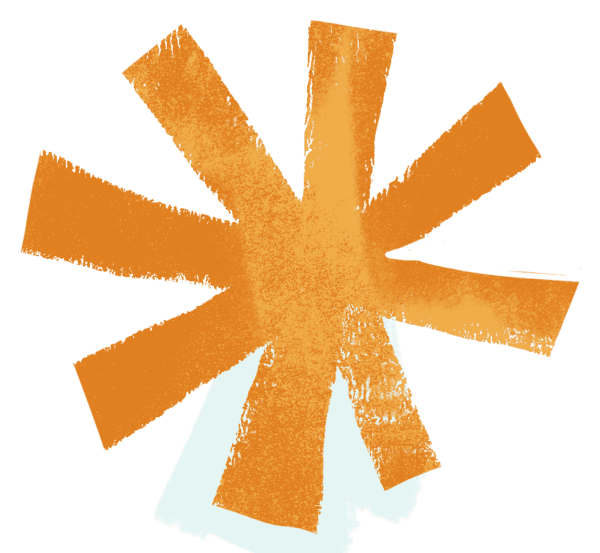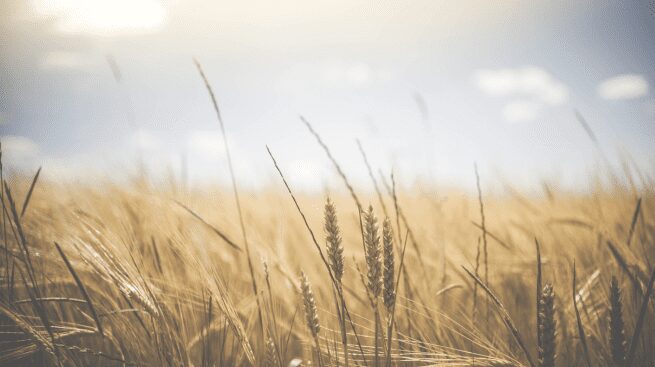Global 

Global 

A lot goes into the months before a harvest: Seeds are planted, given life by water, nourished by the earth and raised by the sun. “We reap what we sow” is a timeless proverb that encourages intentionality and care.
To play on this metaphor, Imaginable Futures — leveraging insights and efforts from peer funders and listening to our partners — is trying to harvest a more equitable future by shifting how we work within our team and with our partners. Our team is constantly asking: How do we cultivate fertile ecosystems so that our partners and the learners and families they serve, thrive?
Focused on co-creating a more equitable and healthy systems, we’re shifting our processes and practices to yield the outcomes we hope to see; and importantly, to avoid unintentional harm to the very same communities and systems we intend to support. When we refreshed our strategy, rooting it in local systems and in stories of people closest to opportunities and challenges, it became very clear to us that we also needed to shift our investment practices to closer align with our commitment to Justice, Equity, Diversity and Inclusion. This meant weeding out what no longer sustained us to create space for changes to take root.
In this blog post, we share how we’ve shifted our investment process, and a few reflections we gathered along the way.
To play on this metaphor, Imaginable Futures — leveraging insights and efforts from peer funders and listening to our partners — is trying to harvest a more equitable future by shifting how we work within our team and with our partners in philanthropy.
We examined and shifted each step of the funding process. Unless change is holistic, we know that improvements will only be surface-level deep. From sourcing to due diligence, to decision-making, and relationship management, here are ways we have shifted our investment process:
Unless change is holistic, we know that improvements will only be surface-level deep.
We are working on letting go of our own biases, harmful control mechanisms, and unfounded assumptions; and we are intentionally listening more deeply to our partners. Our partners are more proximate to the challenges and opportunities for change in their own communities. Knowing this, our Brazil team has been experimenting with learning shoulder-to-shoulder with our partners through a “System Sensing Roundtable,” composed of organizations that work at different levels of the Brazilian education system (from community to policy).
We changed how we refer to our internal decision-making forums, looking deeply into our language. We recognize that words matter, and that there is power in what we call something. We changed what we used to call our “Investment Committee” to the “Approval Committee.” This has helped us move away from our former venture capital oriented-culture, where deals are presented with the expectation to convince an investment committee—to one that is open to learning, curiosity and vulnerability. During meetings where decisions on investments are made, we ask open-ended questions that create space for conversations; and we openly accept that no one knows all the answers. In addition, when inviting our prospective partners to meet and share their organizations with our team, we renamed what we used to call “Management Presentation” to “Learning Session”; thus, intentionally creating a space where both our partners and us are able to see value in the dialogue and learn from each other.
We examined and shifted our internal power structures, moving decision making closer to our local teams. Without careful examination of corrosive and unjust power dynamics, values and structures will continue to perpetuate. Most of our high-level investment decisions were formerly made by our senior team concentrated in the US. We saw an opportunity to empower our teams in the local geographies where we work. With local proximity, cultural competency, language skills and so much more, our local team members are well positioned to make important decisions on our investments. We made significant changes to push decision making closer to the communities we support, including increasing approval limits for local teams and co-creating local vetting processes to foster increased judgment, learning and participation for all colleagues.
We explicitly and intentionally invested in nurturing relationships. We have invested significantly in building relationships within our team and with our partners in order to build trust, and to create a safe space for transparency, dialogue and feedback, whether one-on-one or within a survey like the one we conducted last year with the Center for Effective Philanthropy. We spend time with our partners – in person whenever possible— and make room for informal communications. Because of this increased trust, we have observed that more of our partners reaching out to share both positive updates and challenging situations; and we do our best to show up in alignment with our values.
We fostered closer relationships with people affected by our investment decisions. Programs that are designed to help a community often leave out the most important voice: the community itself. We changed this by inviting partners, learners and their families to enter into dialogues with us. For example, our team in Kenya convened a Youth Advisory Board made up of inspiring young people who shared their experiences and hopes for the future. Their wisdom has been key to shaping our work with partners focused on youth development in the region and other relevant geographies.
Without careful examination of corrosive and unjust power dynamics, values and structures, they will continue to perpetuate.
Gardening requires continuous work, and tending when unexpected weather comes and seasons change. As the cultivators of our own gardens, we’ll continue to take brave steps to revisit our way of doing things and change our processes to align with the partner and funder we hope to be. It is often hard to unlearn or rewire old practices, but we will continue to ask our team and our partners to hold us accountable to how we are showing up for each other. We are grateful for the opportunity to co-harvest, with you, a brighter, more equitable future for learners.